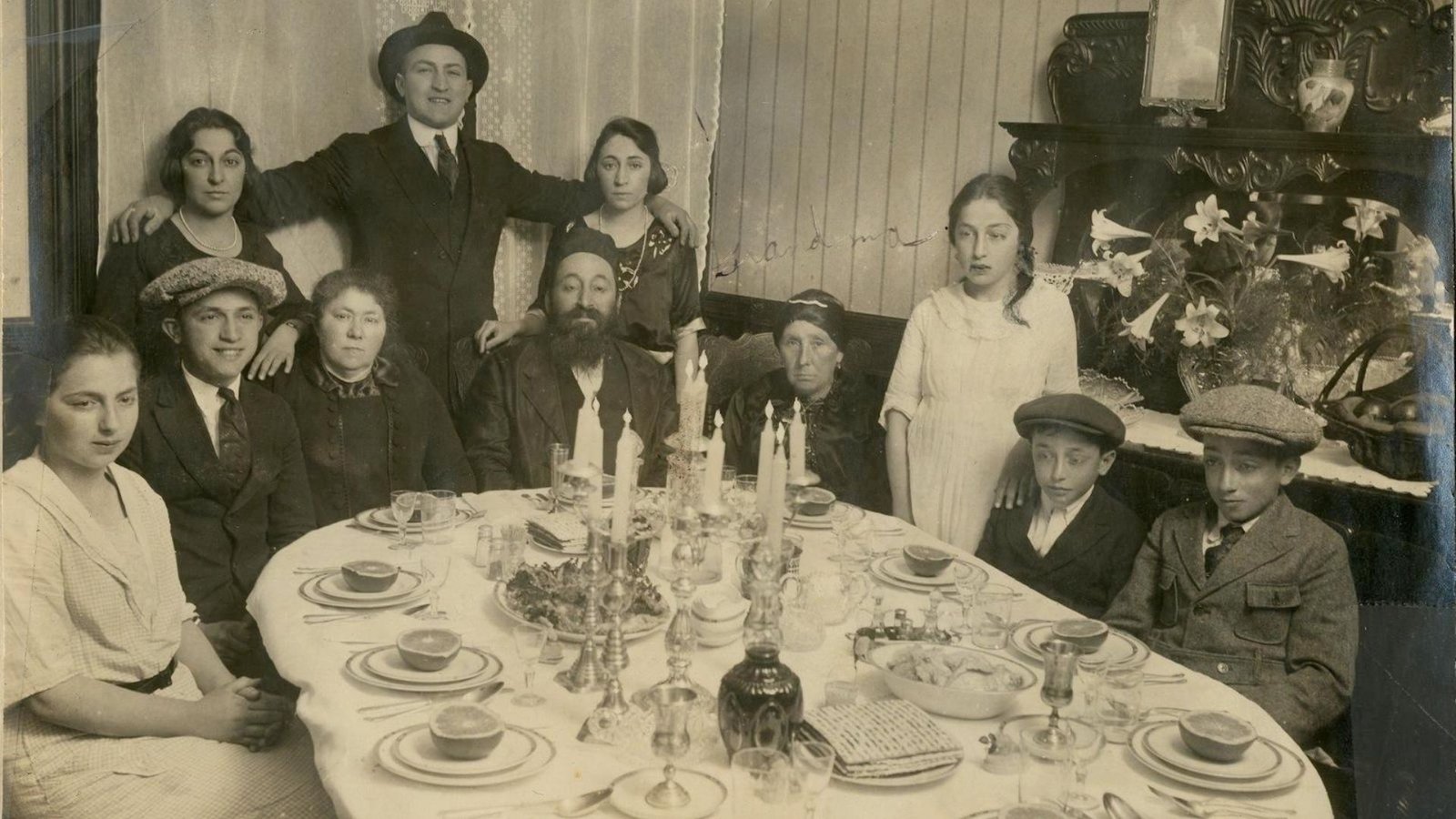In the modern era, technology plays a crucial role in enhancing Jewish education and outreach. Innovative tech-driven approaches have transformed traditional methods, making Jewish learning more accessible, engaging, and impactful. From virtual classrooms to interactive apps, these technological advancements help connect individuals with their heritage and foster a deeper understanding of Jewish traditions.

Virtual Classrooms and Online Learning Platforms
Virtual classrooms have revolutionized Jewish education by providing flexible learning environments. Platforms like Zoom and Google Meet enable educators to conduct live, interactive classes regardless of geographical location. This approach allows students from around the world to participate in Jewish education programs, attend lectures, and engage in discussions without the constraints of physical distance.
Interactive Learning Apps
Interactive learning apps cater to various aspects of Jewish education. Apps like Aleph Beta and My Jewish Learning offer engaging content, including videos, quizzes, and interactive lessons on Jewish texts and traditions. These apps make learning more engaging and accessible, allowing users to study at their own pace and revisit materials as needed.
Digital Archives and Resources
Digital archives provide access to a vast array of Jewish texts, historical documents, and educational resources. Online libraries and databases, such as the National Library of Israel and the Jewish Virtual Library, offer digitized versions of rare manuscripts, scholarly articles, and educational materials. These resources enhance learning by providing valuable historical context and diverse perspectives.
Social Media and Community Building
Social media platforms like Facebook, Instagram, and Twitter play a significant role in Jewish outreach and community building. Organizations use these platforms to share educational content, promote events, and connect with broader audiences. Engaging posts, live streams, and interactive discussions on social media foster a sense of community and keep individuals connected to their heritage.
Virtual Reality Experiences
Virtual reality (VR) offers immersive experiences that bring Jewish history and culture to life. VR applications allow users to explore historical sites, participate in virtual tours of significant locations, and experience Jewish rituals in an interactive environment. These experiences provide a deeper understanding of Jewish heritage and create memorable educational opportunities.
AI-Powered Educational Tools
Artificial Intelligence (AI) enhances Jewish education through personalized learning experiences. AI-powered tools can adapt educational content based on individual learning styles and progress. For instance, AI-driven platforms can recommend resources, provide real-time feedback, and tailor educational materials to meet the specific needs of learners.
Online Jewish Learning Communities
Online learning communities connect individuals with shared interests in Jewish education. Forums, discussion groups, and online courses enable learners to collaborate, share insights, and support each other. These communities foster a sense of belonging and create opportunities for collective learning and engagement with Jewish traditions.
Gamification of Jewish Education
Gamification involves incorporating game-like elements into educational activities to make learning more engaging. Educational games and simulations related to Jewish history, customs, and texts provide interactive and enjoyable ways to explore Jewish knowledge. Gamification motivates learners by making education fun and rewarding.
Webinars and Online Workshops
Webinars and online workshops offer opportunities for in-depth exploration of Jewish topics. Experts and educators host these virtual events, providing participants with valuable insights and interactive discussions. Webinars on subjects like Jewish law, history, and philosophy allow individuals to gain specialized knowledge and engage with experts from around the world.
Digital Storytelling and Multimedia
Digital storytelling utilizes multimedia tools to convey Jewish narratives and teachings. Video presentations, podcasts, and interactive websites create compelling and informative content that captures the essence of Jewish traditions and stories. Multimedia approaches make learning more dynamic and accessible to diverse audiences.
Mobile Apps for Daily Jewish Practices
Mobile apps support daily Jewish practices by providing reminders, guidance, and resources. Apps like MyZmanim offer prayer times, kosher restaurant locators, and halachic guidance. These tools help individuals integrate Jewish practices into their daily lives, making it easier to maintain religious observance and connect with their faith.
E-Books and Online Publications
E-books and online publications make Jewish texts and scholarly works more accessible. Digital versions of Torah commentaries, historical texts, and academic journals are available for download or online reading. These resources provide learners with easy access to important texts and facilitate in-depth study.
Virtual Events and Conferences
Virtual events and conferences bring together Jewish communities for educational and networking opportunities. Online conferences on topics such as Jewish education, culture, and innovation allow participants to engage with experts, attend lectures, and network with peers from around the world. Virtual events expand access to knowledge and foster global connections.
Conclusion
Tech-driven approaches have significantly transformed Jewish education and outreach. From virtual classrooms and interactive apps to AI-powered tools and VR experiences, technology enhances accessibility, engagement, and learning. By leveraging these innovations, Jewish educators and organizations can connect with broader audiences, deepen understanding, and promote the richness of Jewish heritage.




